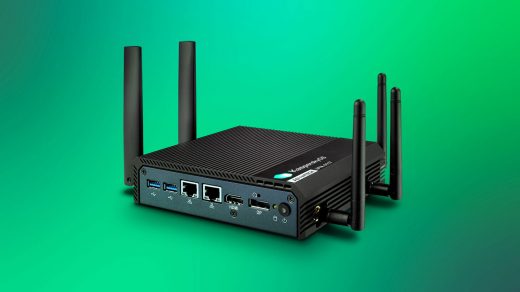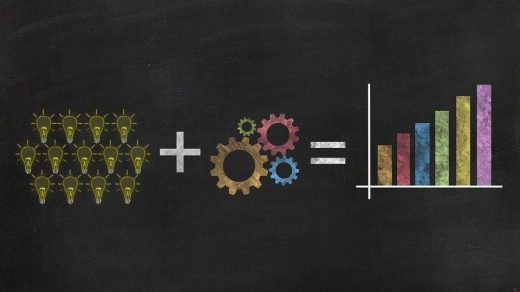Medical devices play a pivotal role in modern healthcare, revolutionizing how medical professionals diagnose, treat, and monitor a range of health conditions. These devices bridge medical science and patient care, offering a diverse range of tools for diagnostics, treatment, monitoring, and support. As healthcare advances, the significance of medical devices becomes more evident, shaping the field and improving patient outcomes.

1. Diagnostic Devices
At the vanguard of medical advancement lie diagnostic instruments, granting healthcare practitioners unprecedented insight into the intricacies of the human body. Employing cutting-edge technologies such as X-ray apparatuses, magnetic resonance imaging (MRI) scanners, and electrocardiogram (ECG) monitors, these tools facilitate precise discernment and diagnosis of diverse medical ailments. By affording lucid visualizations of internal anatomical structures and physiological functions, diagnostic apparatuses empower medical experts to formulate well-informed judgments concerning treatment methodologies.
2. Life Support Devices
During critical medical situations, life support devices assume a prominent role, serving as vital resources for patients whose essential physiological processes are under duress. Ventilators, dialysis machines, and pacemakers exemplify key instances of such devices. Ventilators play a crucial role in aiding patients experiencing respiratory distress by administering carefully controlled oxygen levels. Simultaneously, dialysis machines perform the essential function of purifying the bloodstream by eliminating waste materials and excess fluids, particularly pertinent for individuals grappling with compromised kidney function. In contrast, pacemakers diligently regulate the cardiac rhythm, ensuring the heart’s consistent and harmonious beating.
These instrumental devices furnish indispensable assistance to patients facing urgent circumstances, frequently representing the decisive factor between the preservation of life and its potential cessation. Manufacturing life support devices demands meticulous precision and adherence to stringent regulations. Medical device manufacturing ERP software facilitates seamless coordination across departments, from research and development to production and distribution. By maintaining comprehensive records of manufacturing processes and quality assurance checks, ERP systems ensure the production of safe and reliable life support devices, contributing to the well-being of critically ill patients.
3. Surgical Devices
Surgical instruments have notably revolutionized the paradigm of surgical procedures, affording medical practitioners the capability to conduct intricate surgeries with heightened precision and diminished invasiveness. This category finds exemplification in surgical robots, endoscopic tools, and laser scalpels. Surgical robots possess the capacity to execute intricate procedures with unparalleled accuracy, thereby mitigating the potential for human errors.
Endoscopy facilitates non-intrusive internal examinations and surgeries, consequently leading to abbreviated recovery periods. Laser scalpels, characterized by their capacity for pinpoint accuracy in tissue incisions, play a pivotal role in reducing intraoperative blood loss and post-procedural discomfort. Collectively, these innovations have ushered in an unprecedented era of surgical techniques, yielding advantages for both patients and surgical practitioners.
4. Monitoring Devices
In the context of overseeing and optimizing patient care, monitoring devices have evolved into indispensable tools that healthcare professionals rely upon. Notably, monitoring devices such as blood glucose monitors, blood pressure monitors, and pulse oximeters stand as prominent embodiments of the profound importance these tools hold. Through the continuous surveillance of patients’ vital indicators and physiological parameters, these devices provide medical practitioners with the capability to enact prompt and targeted interventions.
This attribute proves especially invaluable when tending to individuals grappling with persistent health conditions, as these devices enable a proactive approach to care, fostering the prompt recognition and preemptive management of potential complications. As a result, monitoring devices have not only revolutionized patient care practices but have also contributed significantly to elevating the standards of healthcare delivery.
5. Assistive Devices
Assistive medical devices play a crucial role in enhancing the quality of life for individuals challenged by disabilities or impairments. Notable instances include hearing aids, prosthetics, and mobility aids. Hearing aids, for instance, heighten auditory experiences for those with hearing loss, augmenting their ability to connect and engage with their surroundings.
Prosthetics, on the other hand, reinstate both mobility and functional capabilities for amputees, facilitating their active participation in daily routines. Moreover, mobility aids such as wheelchairs and walking aids grant individuals with physical constraints the autonomy to navigate their environment independently. By doing so, these instruments empower individuals to embrace enriched and meaningful lives, transcending the obstacles they face.
Conclusion
Medical devices are pivotal in modern healthcare, transforming patient care through diverse functions. From diagnostics to surgery, monitoring to support, these devices redefine medicine with improved precision and outcomes. As technology advances, their significance grows, solidifying their role as essential tools for practitioners and enhancing global patient well-being.




We provide medical billing solutions to practices where we aim to create patient centered, cost effective operations for them. Outsourcing your medical billing will save money, automate your practice management procedures, and enhance the revenue cycle management model. We help medical practices deliver high-quality patient care and adapt to changing business goals and emerging challenges. In addition, our robust medical billing solutions comply with US healthcare industry rules and regulations.
Our premium billing audit services will help you understand your financial position. We analyze billing and coding procedures, collections/revenue, and pending accounts receivable. We also look at DAR, FTPR, and compliance with leading payers. We are a medical billing solutions partner that strives to help medical practices ensure that they are compliant, efficient, and profitable.